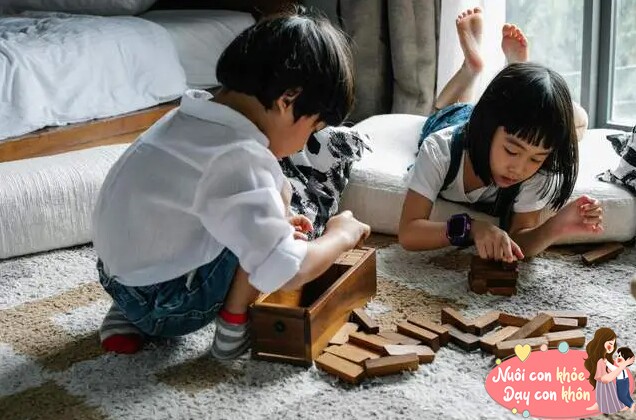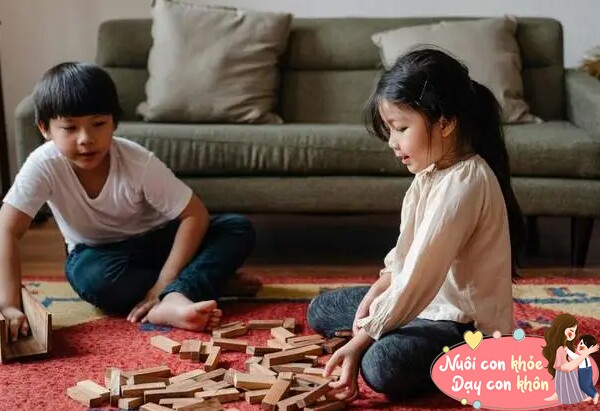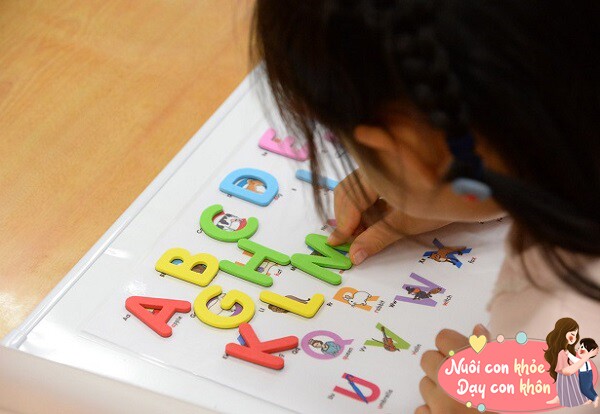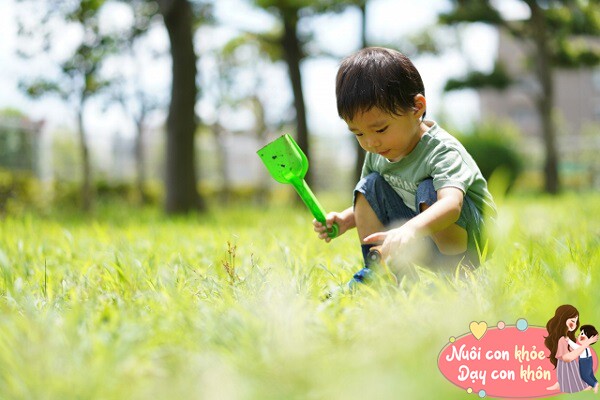The human memory system, often referred to as the “brain’s workspace” and “notebook,” is used by the brain to temporarily store and process information in real time.

For instance, recalling what we’ve read, then contextualizing it, forgetting the detailed descriptions, and extracting the key points. Working memory refers to the brain’s activity of “memory” → “organizing” → “deleting.”
Researchers from the University of Stirling and the University of Edinburgh spent six years tracking the academic outcomes of children aged 5 to 11. They found that children with better working memory performed better academically and had a stronger sense of control over their lives.
Working memory develops very early on, and if a child exhibits the following three behaviors before the age of six, it indicates that their brain is developing rapidly.

3 Signs of Rapid Brain Development Before Age 6
Ability to Remember Large Amounts of Information
During early childhood, when given a simple instruction by their mother, children can understand and act on it immediately.
For example, if asked to take their shoes out of the bedroom, they will do so without hesitation. A chore with two or three steps can also be completed with a single reminder from a parent or teacher.
Such a child can remember more complex or multi-linked instructions once they start school. Key indicators include not missing any information when copying from the board, remembering, and completing assigned tasks well…

Ability to Remember Large Amounts of Information.
Quick Language Comprehension
Listening to others speak may seem simple, but understanding the core of the conversation and providing accurate feedback requires a strong working memory.
As children listen to their mother speak, their brain must retrieve and assemble words from their knowledge system to form sentences to interpret what they’re hearing, filter out the main points, and then provide an accurate response.
This process involves not just remembering words but also analyzing context, emotions, and the underlying meaning of the speech. Children need to identify elements like tone of voice, facial expressions, and gestures to fully understand the message.
Flexible Recall
Working memory is not just about storing information but also deleting information that is no longer needed. The ability to quickly shift thoughts is also a sign of good memory.
Children with poor working memory tend to be rigid, preferring to follow rules and routines and resisting change. When plans (or topics) change, they often struggle to transition from the previous activity (or topic) to the next one.

Flexible Recall.
For instance, if it’s dinnertime and their mother suddenly asks them to stop playing, younger children may throw a tantrum, while those with better working memory will be able to regulate their emotions and respond more calmly. If they want to continue playing, they will negotiate the terms.
Working memory deeply influences children’s daily decisions and actions. A lack of this ability can cause inconveniences in their lives and studies.
At the same time, it enables children to learn from past experiences and make reasonable decisions for current situations (or envision future ones).

How to Help Children Develop and Improve Their Memory
Provide Concise Instructions
If you give too many instructions at once, especially to children with poor working memory, they won’t be able to process them all.
“Take off your shoes, put your bag in the closet, and wash your hands.” If you give three instructions like this at once, the child may only remember the first one. So, keep instructions concise and provide them one at a time.

Use concise instructions, which are easier for children to follow.
When giving advice or instructions to children, if the task involves multiple steps, it’s best to illustrate the steps with pictures to aid their memory.
For example: If you want your three-year-old to learn to brush their teeth independently, after demonstrating a few times, create a step-by-step visual guide for them.
Outdoor Play
Working memory can temporarily store various types of information, including visual, spatial, auditory, and verbal data. When children play outdoors, all kinds of information flood their brains through their five senses.
At this time, parents can enhance their children’s working memory by joining them in outdoor games like building a fort, hide-and-seek, or eagle catches the chicks. Some outdoor games involve physical movement, requiring children to make quick judgments and react swiftly to changes in their environment, thus training their brains to process information faster.

Outdoor play stimulates children’s senses optimally.
Quality Sleep
Adequate sleep can improve the capacity and efficiency of memory. A study published in the international science journal Science Advances found that sleep deprivation can impair memory.
Establish a consistent sleep and wake schedule for your child, ensure they get about two hours of exercise per day, avoid eating or drinking three hours before bedtime, and encourage reading for ten minutes before sleep. This can reduce stress and fatigue, improve sleep quality, and enhance memory.






































